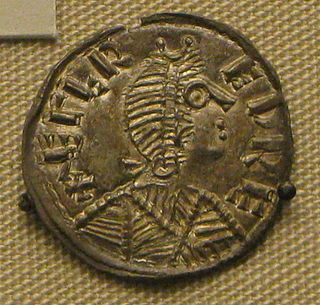A Quote by James Anthony Froude
What is called virtue in the common sense of the word has nothing to do with this or that man's prosperity, or even happiness.
Quote Topics
Related Quotes
Government is instituted for the common good; for the protection, safety, prosperity, and happiness of the people; and not for profit, honor, or private interest of any one man, family, or class of men; therefore, the people alone have an incontestable, unalienable, and indefeasible right to institute government; and to reform, alter, or totally change the same, when their protection, safety, prosperity, and happiness require it.
The concept (of happiness) is universal. In Buddhism, it is called causeless joy, in Christianity, the kingdom of heaven within, and in Judaism it is called ashrei, an inner sense of holiness and health. Is Islam it is called falah, happiness and well-being, and in Hinduism it is called ananda, or pure bliss.
Upon this point all speculative politicians will agree, that the happiness of society is the end of government, as all divines and moral philosophers will agree that the happiness of the individual is the end of man. From this principle it will follow that the form of government which communicates ease, comfort, security, or, in one word, happiness, to the greatest numbers of persons, and in the greatest degree, is the best. All sober inquirers after truth, ancient and modern, pagan and Christian, have declared that the happiness of man, as well as his dignity, consists in virtue.
For in prosperity a man is often puffed up with pride, whereas tribulations chasten and humble him through suffering and sorrow. In the midst of prosperity the mind is elated, and in prosperity a man forgets himself; in hardship he is forced to reflect on himself, even though he be unwilling. In prosperity a man often destroys the good he has done; amidst difficulties he often repairs what he long since did in the way of wickedness.
A great estate is a great disadvantage to those who do not know how to use it, for nothing is more common than to see wealthy persons live scandalously and miserably; riches do them no service in order to virtue and happiness; therefore 'tis precept and principle, not an estate, that makes a man good for something.
Common sense dictates that a trace gas needed for life on the planet would not be the cause for destroying life on the planet. Common sense dictates that what has happened before without man can happen again with man. Common sense would dictate that you not believe me, or any one else, but go look for YOURSELF.
In an overly materialistic world, prosperity is unfortunately and invariably associated with hoards of money and countless possessions. Yet to the truly prosperous people of this world, prosperity is prosperity in its purest and original sense. Prosperity comes from the Latin word "spes", which means "hope and vigor." To the truly prosperous person, being prosperous means being positive and happy in the moment.






































